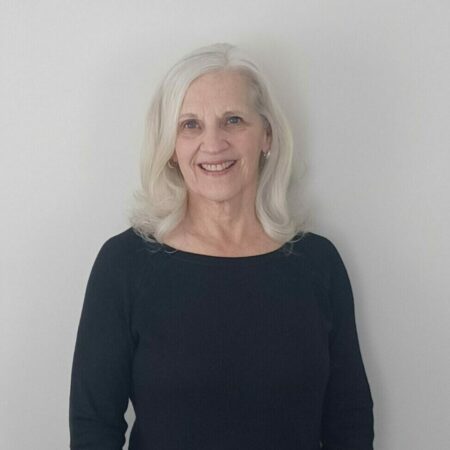Conflict is a part of everyday life but quite intimidating for some. This would be especially true if we’ve been in relationships where conflict was hurtful or even worse, psychologically damaging. In these cases, the idea of engaging in battle most likely stirs up a negative emotional response.
It may be that conflict gets a bad rap. The truth is healthy conflict is actually productive and necessary for growth. So, where do we begin?
A fundamental principle in healthy conflict resolution is learning how to be responsive rather than reactive. Reactive behaviors include: yelling, walking out, criticizing the other person, or pulling the silent treatment.
When we’re responsive, our initial posture is different. We don’t engage in a power struggle, such as the mindset: “Someone is going to win, and someone is going to lose; guess which one will be me!” Our starting point is listening to and understanding the needs and wants of the person we love.
Here’s an example. Let’s say Tom had a rough day at work. His boss was irritable and did not respond positively to the proposal he submitted. Tom tried to make corrections, but the internet was down, and he could not access the necessary files. Tom also realized the battery was dead on his phone, and he couldn’t find the charger he thought he left in his desk. Add to the frustration, his assistant of five years turned in her resignation. At 6 pm he gave up and couldn’t wait to get home, get something to eat, and veg out in front of the TV.
Tom’s wife, Alexandria, had an equally challenging day. Their daughter, Tiffany, was sick at school. The nurse called her at work to pick her up. Alexandria tried to reach Tom to see if he was available as she was under a deadline to finish a project. Tom did not take her call nor return it; therefore, she picked up Tiffany and took her to her mother’s.
Alexandria went back to the office and was able to finish but didn’t leave until 5:15 pm. She stopped at her mother’s to get Tiffany and arrived home five minutes before Tom. She was hoping Tom could throw something together for dinner while she managed their sick child.
Tom walks in the door and yells out, “Hello! I’m starving. What’s for dinner?” What do you think Alexandria is feeling? Here is the moment of decision. Does she act on her emotions, or does she take a deep breath and respond instead.
If she reacts, it might go something like this: “I just got home too! Tiffany was sick; I had to get her–thanks to you not picking up your phone! Why don’t you figure something out for dinner? Do I have to do everything?”
Or, she can respond. “I’m hungry too. I think we both must have had a rough day. I have a suggestion. Tiffany was sick at school today. I took her to moms, and we just got home. Why don’t I feed Tiffany and get her to bed and you order take out for us? I’d love to hear about your day and tell you about mine Sound okay?”
If I were Tom, I know which response I’d prefer. Healthy and productive conflict is a learned skill. It takes practice, and no one does it perfectly. We learn as we go and along the way, are likely to contribute to the well-being of one another.


